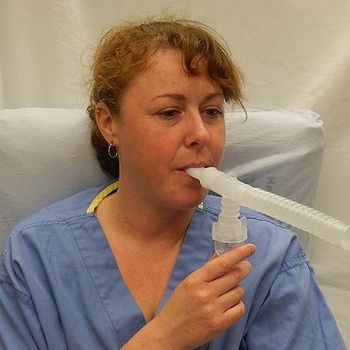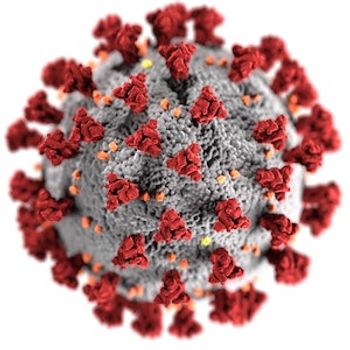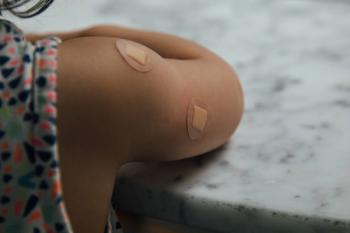
Healthcare Associated Infections (HAI)
Latest News
Latest Videos

CME Content
More News

A global study of C. difficile isolates worldwide found a very high prevalence of the bacteria on shoe soles.

Strong public health measures coupled with infection control practices can contain the spread of Candida auris.

The emergence of this fungal infection remains mysterious as the world experiences more outbreaks.

With the unpredictability of when it will appear, and its propensity to be multidrug-resistant, this particular pathogen is challenging to diagnose and treat.

New York City-based Montefiore Health System has adapted its inpatient treatment over the course of the last year to help enable better patient care and reduce healthcare-acquired infections (HAI).

Montefiore Health System has a long history of treating infectious disease, and with the current pandemic and other emerging pathogens, they remain vigilant to potential outbreaks.

Infection preventionists at UCLA used active surveillance screening and technology to take a proactive approach to staving off any potential outbreaks of the emerging fungal infection in their health system.



An emergency department in Canada saw a steep drop in emergency department visits and a spike in the proportion of serious bacterial infections among newborns and young infants during the first year of the pandemic, a new study found.

A study looked at the prevalence of Metallo-B-lactamase (MBLs) producing A. baumannii isolates in one hospital setting.

Sensors provided data for more hand washing opportunities for healthcare workers and affected related behaviors.

New ASM data show indoor environments are associated with quick and frequent pathogen contamination of the common respiratory device.

Examining pharmacological management in COVID-19 patients with ARDS requiring antifungal therapy during extracorporeal life support.


Study finds communicating on Electronic Medical Record (EMR) led to follow-up with infectious disease providers.

Machine learning improves prediction of bacterial sepsis among immunocompromised recipients of stem cell transplant.


Investigational therapy, ibrexafungerp, from Scynexis is being studied for fungal infections and is moving closer towards a goal of FDA approval later this year.

Implications for antimicrobial use and antimicrobial resistance.

A £100 million donation from Ineos will fund collaborative effort across sciences.

In a mature market of agents, the investigational therapy, ibrexafungerp, from Scynexis is looking at a few antifungal indications with a potential FDA approval in 2021.

More than 13 million children did not receive their first DTP vaccine dose in 2019—and investigators anticipate the 2020 rate will be worse.

New data may evidence oral care as a therapeutic measure to reduce bacterial and viral spread.











































































































































